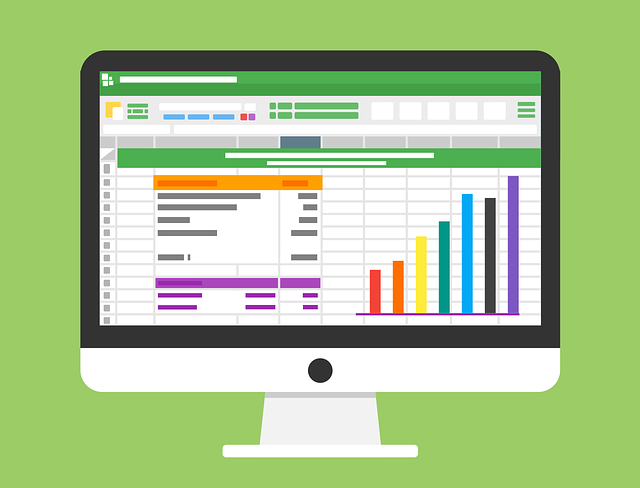How To Improve Your Site Speed?
You've probably heard the phrase "speed is key", and you know that your website's performance is essential. According to a 2018 study by Pingdom, 54% of users abandon a site if it takes more than three seconds to load. That's not good, especially if you're hoping to gain a following on social media or attract potential customers.
Luckily, you can adopt a few practices to improve your site's speed. One easy way is to ensure your images are sized correctly and that your pages are loaded as quickly as possible from the server. You can also optimise your code for faster loading, add caching tools to help reduce load times, and use browser plugins like Ghostery or NoScript that block ads.
What Is Site Speed?
Site speed measures how quickly a website responds to user interactions. Poor site speed can cause users to abandon your site, making it difficult to generate traffic and grow your business.There're a few things you can do to improve your site speed:
Make sure that your website is built using modern web standards. This will make it more efficient and faster to load.
Minimise the use of images and CSS files. Instead, include descriptions of images and use simple formatting for CSS rules.
Ensure your website is hosted on a reliable server and your web traffic is routed through a fast network connection.
How does Site Speed Affect Your Website?
Site speed is important for many reasons, but perhaps the most important is that it affects how quickly your website loads. If your site doesn't load fast, users will abandon it in favour of websites that load more quickly. There're several things you can do to improve your site speed.
One way to improve site speed is to reduce the amount of data your website requests from external sources. This may involve reducing the size of your images, removing unused files from your website, and optimising your HTML code. Another way to improve site speed is to reduce the number of HTTP requests that your website makes. This may involve caching plugins, setting up performance counters, and optimising your Apache configuration.
There are also several ways to improve site speed through browser optimisation. One way is to use features like max-width and min-height to restrict the amount of content displayed on a page. You can also use CSS3 transformations to make elements resize automatically without reloading the page. You can even include JavaScript files only when needed to minimise the amount of data transferred over the network.
Ultimately, there is no one silver bullet for improving site speed. However, by taking various measures, you can often make a significant impact.
Ways to Improve Your Site Speed
There are various ways you can improve your website's speed. Some of the most common measures include:
Optimise Images and CSS Delivery
Images and stylesheets can take a long time to load, significantly slowing your website. However, you can optimise images by reducing the file size or using compression tools, and you can optimise your CSS delivery by minifying it and using caching headers.
Minimise HTTP Requests
HTTP requests are the leading cause of website slowdown, so you can try to minimise them by implementing caching and compression technologies, setting up CDNs, and avoiding making unnecessary redirects.
Optimise Your Website for Mobile Viewing
Mobile users are often more sensitive to page loading times, so you should ensure your website loads quickly on mobile phones using responsive design principles and optimised images and CSS.
Reduce Database Load Time
Your database can also cause significant slowdowns if it's loaded too quickly. Reduce the load time of your database by optimising your SQL queries, increasing the cache size, and disabling unused features.
Anchor Digital is a leading website optimisation company that can help you improve your site speed. Our team of experienced professionals helps you optimise your images, CSS delivery, HTTP requests, and more. Contact us today to learn more about how we can help you improve your site speed.



Comments
Post a Comment